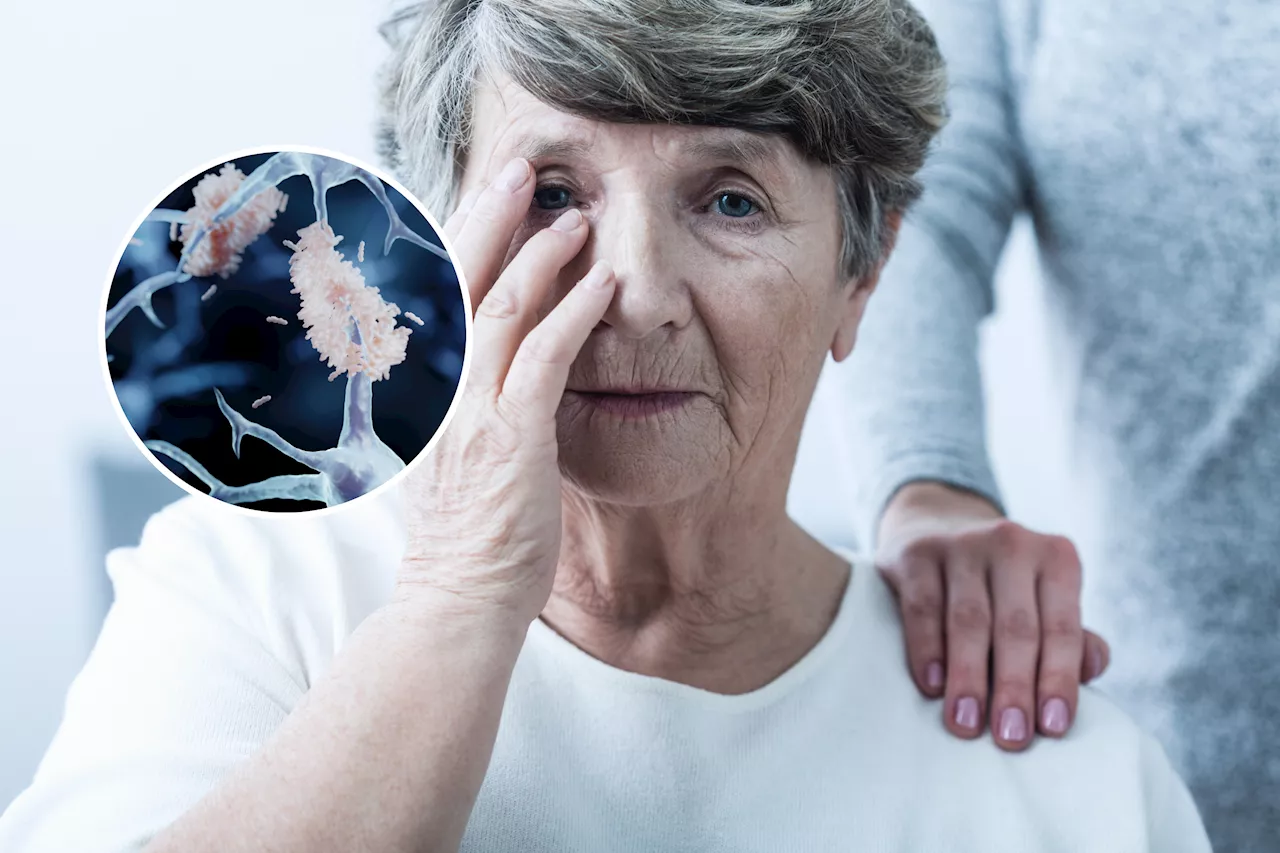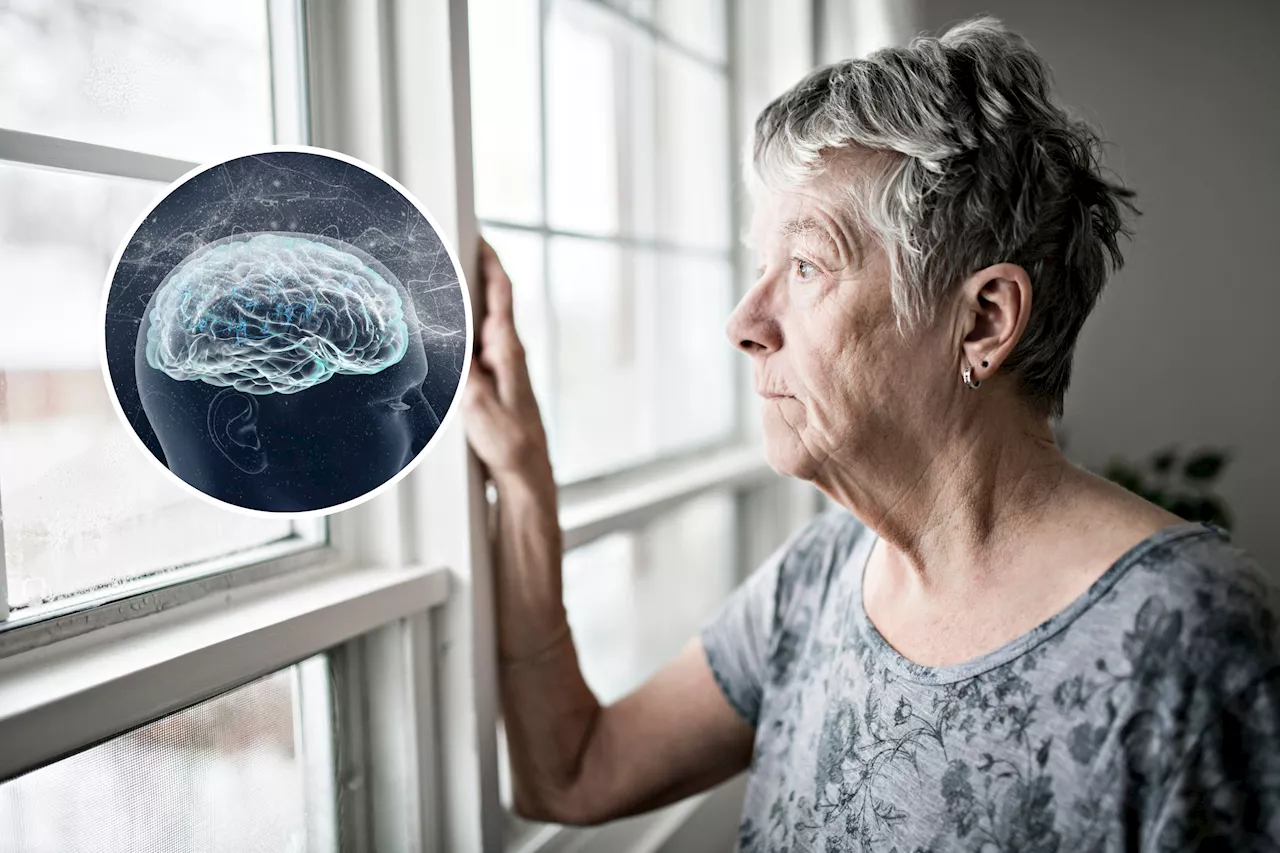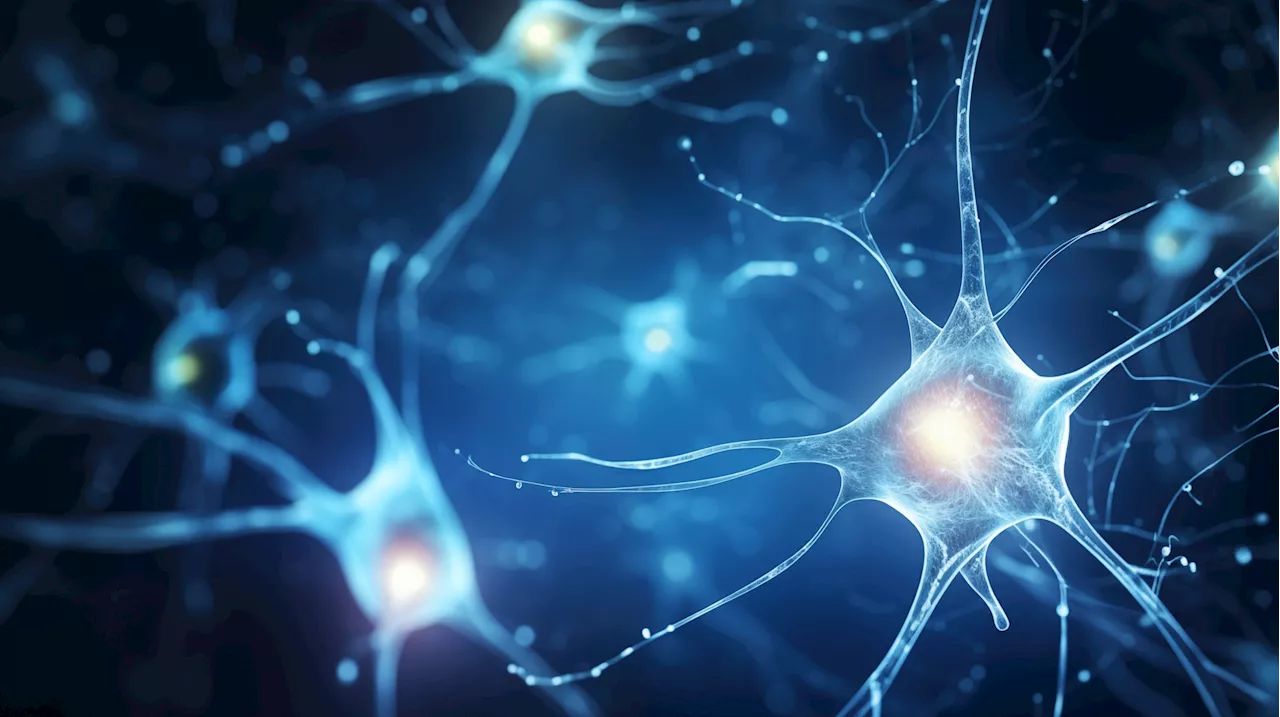Neuroscientists said humans are hardwired to understand the feelings and needs of others. The Sanford Institute for Empathy and Compassion studies those neural networks and teaches medical professionals to make the most of them.
KPBS science and technology reporter Tom Fudge has the story.
“It’s in the brain. We know it’s in the brain. Empathy and compassion are as much a part of brain function as listening and hearing and vision and motor function,” Mobley said. Those senses might come naturally, but they could be forgotten when dealing with frightened or frustrated patients. Along with the institute’s fellowship programs, their training in empathy and compassion is also part of the UCSD med school curriculum.“To be comfortable enough to see the other. To be nonjudgemental enough to see the other.
“I just go straight to the patient and I say, ‘I’m so sorry for your wait. I’m sorry you’re in the hallway. This is not the care I want for myself or my loved ones.’ And that alone has made such a difference, just acknowledging it,” Subramony said.
United Kingdom Latest News, United Kingdom Headlines
Similar News:You can also read news stories similar to this one that we have collected from other news sources.
 Paper: To understand cognition--and its dysfunction--neuroscientists must learn its rhythmsThought emerges and is controlled in the brain via the rhythmically and spatially coordinated activity of millions of neurons, scientists argue in a new article. Understanding cognition and its disorders requires studying it at that level.
Paper: To understand cognition--and its dysfunction--neuroscientists must learn its rhythmsThought emerges and is controlled in the brain via the rhythmically and spatially coordinated activity of millions of neurons, scientists argue in a new article. Understanding cognition and its disorders requires studying it at that level.
Read more »
 Neuroscientists Reveal Link Between Your Brain and What You EatResearch reveals a connection between BMI and the brain states necessary to achieve a goal, such as eating healthy foods.
Neuroscientists Reveal Link Between Your Brain and What You EatResearch reveals a connection between BMI and the brain states necessary to achieve a goal, such as eating healthy foods.
Read more »
 Neuroscientists Warn of 'Cascading' Alzheimer's Risk From These Two HabitsThe habits produce a 'synergistic effect' on our risk of developing Alzheimer's Disease and general cognitive decline.
Neuroscientists Warn of 'Cascading' Alzheimer's Risk From These Two HabitsThe habits produce a 'synergistic effect' on our risk of developing Alzheimer's Disease and general cognitive decline.
Read more »
 Neuroscientists Reveal Secret of Superagers' Excellent MemoriesWhite matter, which connects different regions of the brain, appears to retain better structure in superagers than in older people with memory decline.
Neuroscientists Reveal Secret of Superagers' Excellent MemoriesWhite matter, which connects different regions of the brain, appears to retain better structure in superagers than in older people with memory decline.
Read more »
 Neuroscientists Reveal 'Neural Compass' That Stops You From Getting LostThe discovery offers new insights for conditions like Parkinson's disease and Alzheimer's, in which navigation and orientation are often impaired.
Neuroscientists Reveal 'Neural Compass' That Stops You From Getting LostThe discovery offers new insights for conditions like Parkinson's disease and Alzheimer's, in which navigation and orientation are often impaired.
Read more »
 Shabbat celebration at the UCSD Gaza solidarity encampmentLaura Acevedo joined the ABC 10News team in April 2017 as a reporter and multimedia journalist.
Shabbat celebration at the UCSD Gaza solidarity encampmentLaura Acevedo joined the ABC 10News team in April 2017 as a reporter and multimedia journalist.
Read more »
